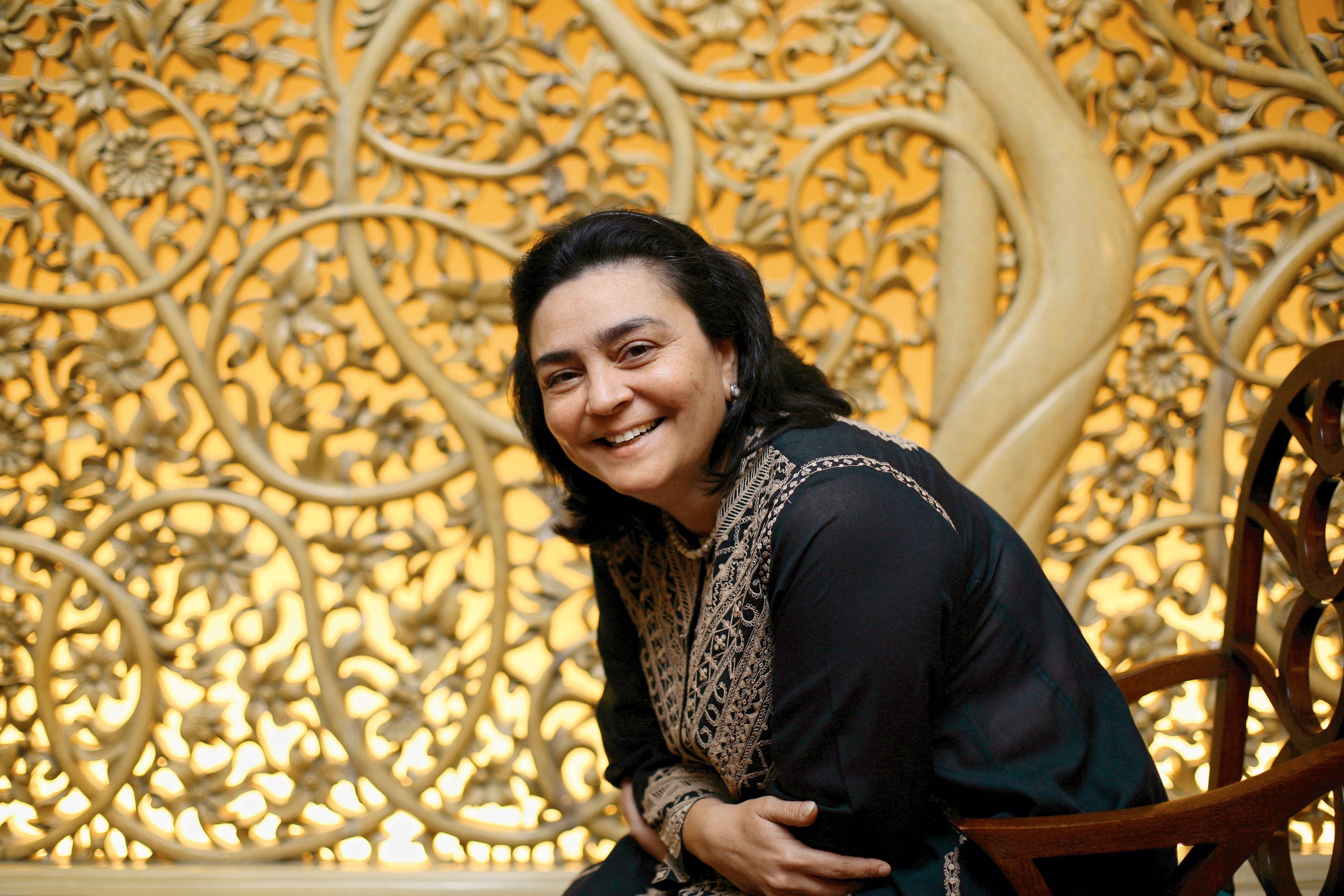Zia Mody LL.M. ’79 blazes a trail for women
When Zia Mody LL.M. ’79 started her own law practice in India in the mid-1980s, clients had a hard time believing she would be as good as a male attorney, so she set out to prove she was better.
“India’s a society which is traditionally male-dominated, and the aggressive woman is not necessarily a popular animal,” said Mody.
Rather than be relegated to a junior position in a traditional Indian law firm, Mody, who had spent the previous four years in a New York City firm, opened her own litigation practice in Bombay in 1984. She said the schedule was backbreaking (16-hour days, six and a half days a week) and it wasn’t easy getting cases, but when she did, she made sure she was heard.
Today, she is a top corporate attorney and one of India’s 25 most powerful women. Her firm, now known as AZB & Partners, is an international powerhouse that is at the table for most of the multimillion-dollar deals in the country.
The opening of India’s global marketplace in the 1990s transformed Mody’s firm, and multinational corporations currently make up 80 percent of her clientele. Her firm has merged twice–something previously unheard of in India–and today it is the country’s second-largest law firm with offices in New Delhi, Bangalore and Mumbai (known as Bombay until the official name change in 1995).
Unlike traditional Indian law practices, where family members are often guaranteed partnerships, Mody designed her firm with clear partnership tracks for junior attorneys. Antiquated national statutes restrict the number of partners to 20 (AZB currently has 14).
She forbids gender bias in recruiting, although her partners tease that she favors women attorneys, who make up nearly 40 percent of her legal staff. She says she understands the issues women face and does try to accommodate them, but the reality is when the deal is on, attorneys have to be there night after night. And she finds many women who marry and have children have to drop out because they don’t have support at home.
“Very often the husband, and the in-laws who live with the husband, don’t appreciate the 16-hour days,” said Mody.
Born in Bombay, as the oldest child and only daughter of Soli Sorabjee, India’s former attorney general, Mody always knew she wanted to be a lawyer. She felt she “got a bit lucky” when her mother, whom she describes as the decision-maker, insisted her younger brother become a doctor.
“My father had probably wanted his eldest son to be a lawyer, but I think my mother squashed that,” said Mody.
She studied law at Cambridge University in England and Harvard. She describes her LL.M. year at HLS as the best of her life. After working for Baker & McKenzie in New York City, she returned to India to marry.
She knew she wanted to continue her career in India and felt luck was on her side again when her mother-in-law and husband, whose father had been a judge, supported her. “The entire infrastructure in the house was geared toward letting me still go out and work while the children were growing up,” said Mody. This was highly unusual and might not have occurred had she married into another family, she says.
Over the next six years, she established her law practice and gave birth to three daughters (now 19, 18 and 15). Building an institution and raising a family was stressful, and she says she was never able to strike a balance between the two.
“I chose to prioritize my career simply because I had worked so hard to get to a certain level,” said Mody. “Having been recognized in the legal landscape, I didn’t want to drop the space that I was occupying.”
One of her daughters is now following in her footsteps, setting her sights on law school. Mody believes it is getting easier for women to succeed in India’s legal profession.
“I was one of the very few women who were trying to take up for the gender at that time,” said Mody. “People are much more willing to give women a chance today and wait for them to perform.”
